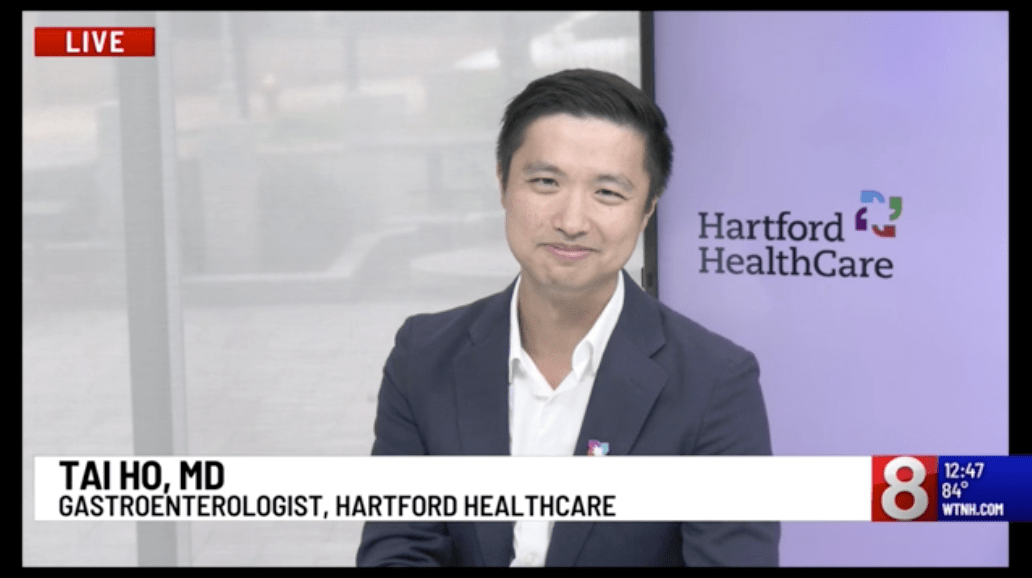With urgent care centers popping up all over the place and emergency rooms always an option for timely health related issues, it can be difficult for some people to rationalize the need for a primary care physician (PCP). However, establishing care with a PCP is important when it comes to proactively maintaining your health, minimizing your risk for disease onset and providing healthcare within a holistic view. Below are some of the important reasons we believe it is a good plan of action to establish a relationship with a primary care physician.
Continuity of Care
Unlike an urgent care facility, a PCP will know you, your personal medical history and family health history so that they can create a comprehensive view of your health and then treat you appropriately. By understanding the in’s and out’s of your health and maintaining complete medical records, your PCP is well-equipped to provide you with a customized, personal health care experience.
If you do need to visit a specialist, your PCP can arrange a referral. Additionally, your PCP will follow up with that specialist to learn the outcome of your visit and create a plan of action. Together, you and your PCP are truly partners in ensuring the healthiest you.
On the other hand, when you visit an urgent care facility or ER, the doctor or other medical provider will likely know nothing about you. You will have to explain your past medical history, provide a list of all your current medications, and bring the provider up to date in order for them to accurately assess, diagnose and treat your medical needs.
The purpose of urgent care centers and ER are to provide acute care and assessment of injuries and illnesses. For example, suffering a scald from hot water or experiencing an acute asthma attack are good reasons to visit one of these facilities. Yet, you really need a PCP for continuing management of asthma or other chronic conditions, preventative care such as vaccinations or prostate exams, and treatment for non-urgent illnesses.
Specialization
For adults, most PCPs are either internal medicine specialists (internists) or family medicine specialists. These specialties prepare physicians to diagnose and treat both acute illnesses and long-term conditions. Internists and family medicine physicians are uniquely qualified to treat a wide range of medical problems, from common sinus infections to genetic disorders. (To read more about the differences between internal medicine and family medicine doctors, click here.)
Most urgent care physicians are emergency medicine specialists and may not have completed a residency specifically in family medicine. The major difference compared to a primary care physician or internists is the approach to healthcare. Instead of long-term, continuing care, urgent care providers offer evaluation and treatment of an episodic health concern.
This treatment could include suturing a wound, prescribing antibiotics for an upper respiratory infection, or ordering an x-ray to check for a fracture. However, once treatment is rendered, you will be discharged home – or admitted to a hospital in serious cases. It is not the job of an urgent care physician to follow up on your care. Instead, they will refer you back to your PCP who will make sure your wound is healing properly or that your infection has resolved.
Cost
The bottom line is that care from your PCP is almost always going to be less expensive than treatment at an urgent care clinic or ER. A typical insurance co-pay for a visit to your PCP ranges between $20 and $50. Conversely, a co-pay for a trip to an urgent care averages from $25 to $75. ER co-pays can be substantially higher and are usually between $100 and $500. If you lack health insurance coverage, the difference in cost between a PCP visit and urgent care or ER visit is magnified several times over.
When to Go to Urgent Care
Urgent care is a good, convenient alternative if you are encountering a minor, non-emergency condition and can’t get into your primary care because it’s either after hours or on the weekend. With urgent care facilities offering extended hours, in this circumstance, urgent care can serve as an intermediary option between your primary care physician and the emergency room. However, for continuity of care, preventative treatments and vigilant surveillance of your health, an established relationship with a primary care physician is your best bet to leading the healthiest life possible.
Looking For a Primary Care Doctor in Connecticut?
PACT Primary Care is Accepting New Patients!
Locations throughout Connecticut in Guilford, Hamden, Madison, Milford, New Haven, Orange, West Haven and Wallingford.
To schedule an appointment, request an appointment online here or call a local center near you.










